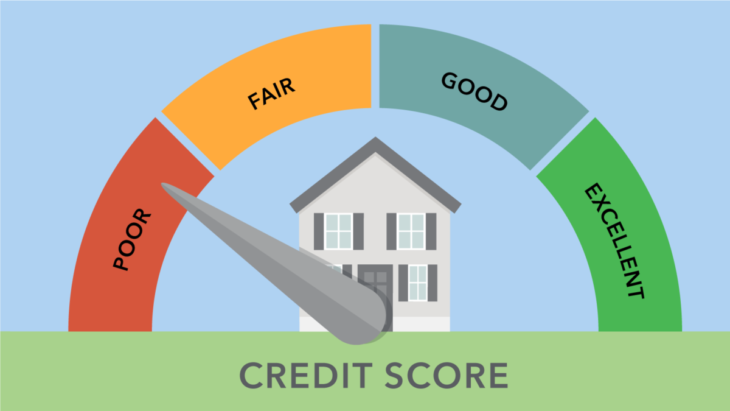A credit score is a three-digit number that determines your ability to repay credit. It’s used by banks and lenders to help them better understand how likely their credit cards or loans will be repaid. Your credit score is very important, and even more important to your financial life. A higher credit score means a healthier financial life, and that gives you more favorable terms with banks and lenders.
Improving the credit score reflects your credit history, and there is a way to improve it if it’s not where you want it to be. It does take time, and it’s not easy. But using the following tips will set you on a path to financial health.
Contents
How to Calculate Your Credit Score?
There are various algorithms employed by companies to calculate the final credit score. The calculation is mostly based on your last three credit reports, which is a culmination of your payment history on loans and credit cards, how much revolving credit you use, the lengths of your open accounts, the types of accounts, and how often you apply for new credit.

Source: linkulblog
How to Improve Your Credit Score?
Before we start, you can check your credit score online to get a better understanding of where you stand. There you can also find more, useful, information about the factors that contribute the most. You can also check out The Senate Group for information on how to fix your credit score.
Below we will mention some of the ways you can do so, and the first, and most important, is to:
Pay Your Bills on Time
Lenders check your score to determine how reliable you are with your payments. So paying your bills in time is the most contributing factor. With agreed monthly payments, you are increasing your chances of a better financial life. Failing to do so negatively impacts this factor. Out of all payments you have, the ones that most impact this factor are auto loans, student loans, rent, utilities, phone bills, etc.

Source: moneyforlunch
Pay Off Debt and Keep Balances Low On Credit Cards
One very important number that contributes to the credit score calculation is something called a credit utilization ratio. It is calculated by adding all of your credit cards and dividing it by your total credit limit across all cards. For example, if you charge $3,000 and your total credit limit across all of your credit cards is $15,000, then your utilization ratio is 20%.
To calculate the average utilization ratio, take a look at your credit card statements from the past 12 months. Add each balance and divide it by 12. Doing this will calculate how much credit you use each month.
Never Close Unused Credit Cards
Closing a credit card increases the utilization ratio, so it’s generally considered smart to never close any accounts. Even if they are costing you $20 per account per year, never close them as having fewer accounts lowers the overall score.

Source: dnaindia
Don’t Apply For Too Much Credit
Subsequently, owning a new credit card increases your utilization limit, will ultimately increase your credit score. Owning too many credit cards means applying for credit which creates a hard inquiry on your report. Too many hard inquiries negatively impact your score.
